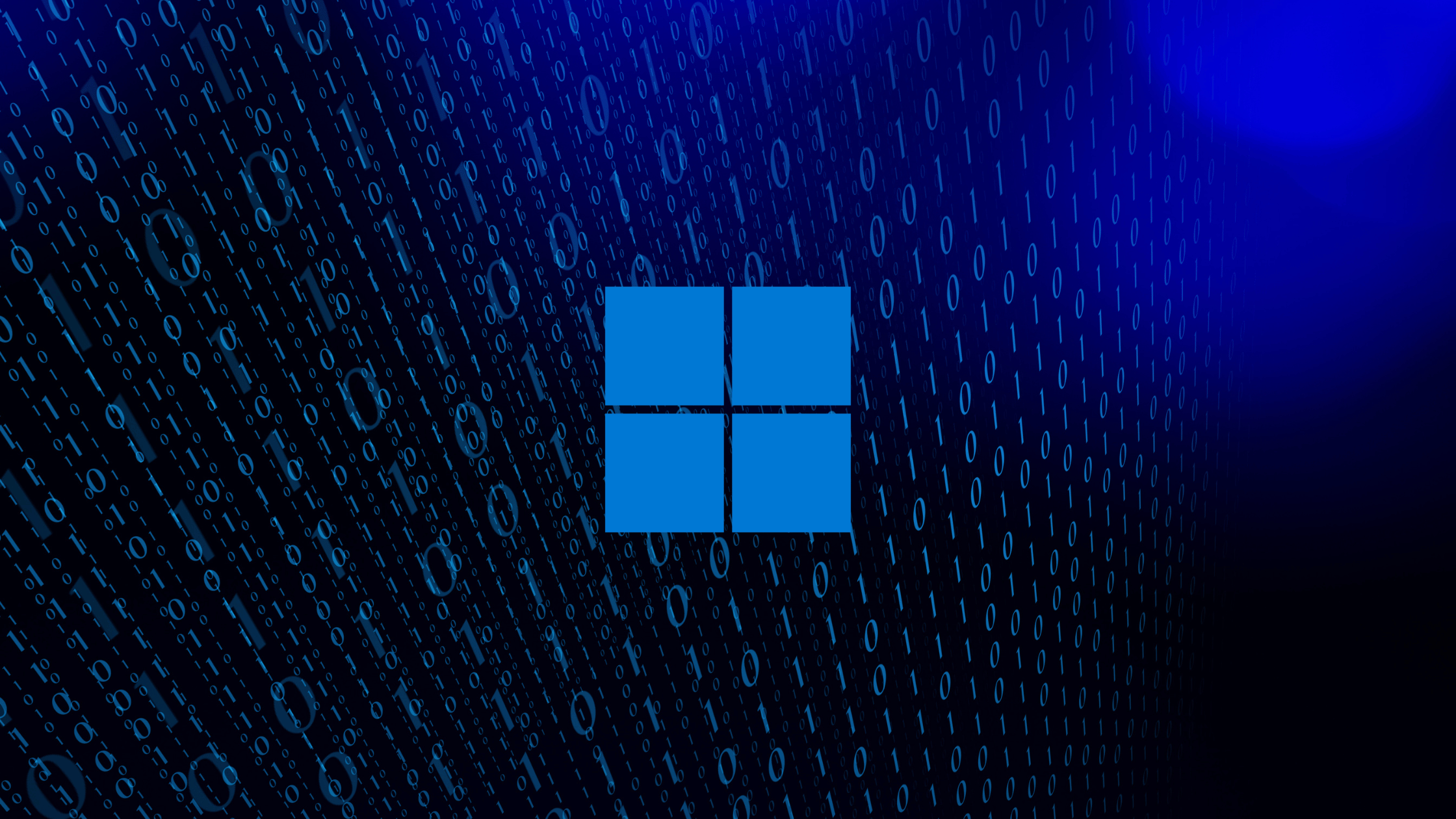Table of Contents
Microsoft Shuts Down Windows 10 Beta Channel Five Months After Revival
In a surprising turn of events, Microsoft has once again closed the Windows 10 Beta Channel, just five months after its unexpected revival. The decision marks a significant shift in the company's strategy as it prepares for the end of support for Windows 10 in October 2025.
Earlier this year, Microsoft had announced a surprising recommitment to delivering new features to Windows 10 users through the Beta Channel, despite the operating system's impending end-of-life. This move was seen as a gesture to continue supporting the vast user base still on Windows 10, with over 60% of all Windows systems worldwide still running the older OS.
The Beta Channel was reopened to allow for active feature development and to provide new experiences to Windows 10 users. This included testing backported features from Windows 11, such as the new Windows Copilot and lock screen widgets, aimed at increasing the usage of Microsoft services like MSN and Copilot. However, Microsoft has now reversed this decision, stating that the Beta Channel will no longer flight builds for Windows 10.
This closure leaves Windows 10 users with only the Release Preview Channel for receiving updates. The company has confirmed that all Windows Insiders currently enrolled in the Beta Channel will be automatically migrated to the Release Preview Channel in the coming days. Users who do not wish to wait for the automatic transition can manually switch to the Release Preview Channel via the Windows Insider Program settings in the Windows Settings app.
The reason behind this sudden closure remains unclear, and Microsoft has not provided any detailed explanation. This move could indicate a shift in priority towards Windows 11, as the company pushes for users to upgrade before Windows 10 reaches its end-of-life.
Windows 10 22H2, the last version released, will continue to receive monthly security updates until October 14, 2025. However, Microsoft has announced the introduction of an Extended Security Updates (ESU) program, allowing home users to delay the switch to Windows 11 by paying $30 for an additional year of security updates. This program will be available closer to the end of support in 2025, offering a temporary solution for those not ready to upgrade.
The closure of the Beta Channel has sparked a mix of reactions. Some users see it as a sign that Microsoft is winding down support for Windows 10, while others are disappointed by the lack of new features and the abrupt end to the testing program. Despite this, the transition to the Release Preview Channel ensures that Windows 10 users will still receive necessary updates until the end of support.
For those considering an upgrade to Windows 11, Microsoft has provided resources to ease the transition. For example, users can bring some familiar features from Windows 10, like the Action Center, to Windows 11. Moreover, the company has made strides in improving support for Arm-based devices, ensuring that the latest update, known as the Windows 11 2024 Update, will provide a smoother experience for all users.
As Windows 10 approaches its final year of mainstream support, Microsoft is preparing for what could be hundreds of millions of PCs running out of updates. The ESU program offers a lifeline for those not yet ready to upgrade, but it's a temporary fix. With the Beta Channel now closed, Microsoft's focus seems to be firmly on Windows 11, pushing users towards a new era of computing that promises better security, performance, and integration with cloud services.
This closure marks a pivotal moment in the evolution of Windows, signaling a shift in Microsoft's strategy as it navigates the transition from Windows 10 to Windows 11. Users are encouraged to prepare for this change, whether by upgrading now or taking advantage of the ESU program to buy some time. The end of the Windows 10 Beta Channel might be the final nail in the coffin for those hoping for more from the aging OS, but it's also an opportunity to embrace the future of computing with Windows 11.
Visit our website to get cybersecurity updates like this, thesecmaster.com, and our social media page on Facebook, LinkedIn, Twitter, Telegram, Tumblr, Medium, and Instagram and subscribe to receive tips like this.
You may also like these articles:
Anthony Denis
Anthony Denis a Security News Reporter with a Bachelor's in Business Computer Application. Drawing from a decade of digital media marketing experience and two years of freelance writing, he brings technical expertise to cybersecurity journalism. His background in IT, content creation, and social media management enables him to deliver complex security topics with clarity and insight.
